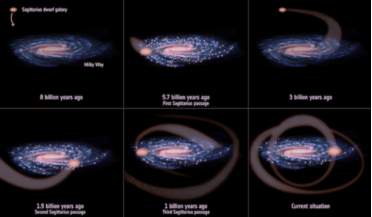 25 May 2020
Clashing galaxies may have triggered Solar System formation says new study
25 May 2020
Clashing galaxies may have triggered Solar System formation says new study
... only influenced the movement of stars in our galaxy, but could also be responsible for the formation of the Solar System, say scientists studying data from ESA’s ambitious mapping satellite Gaia. Since its launch in December 2013...
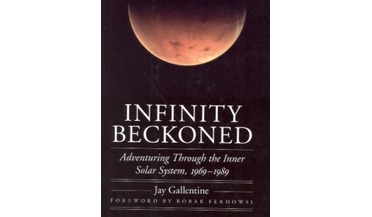 26 February 2018
Infinity Beckoned: Adventuring Through the Inner Solar System, 1969-1989
26 February 2018
Infinity Beckoned: Adventuring Through the Inner Solar System, 1969-1989
Since the beginning of the Space Age, space history books have gone through a sort of evolution: the early ones described the technology and the missions; later, more professional texts analysed political motives in a Cold War context; and then, in ...
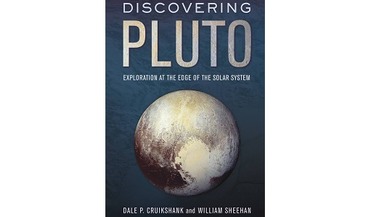 31 December 2018
Discovering Pluto: exploration at the edge of the solar system
31 December 2018
Discovering Pluto: exploration at the edge of the solar system
The International Astronomical Union may no longer regard Pluto as a planet, but that certainly hasn’t decreased its attraction for scientists or authors; in fact, it may even have enhanced its credentials. As the authors opine, “Except perhaps for ...
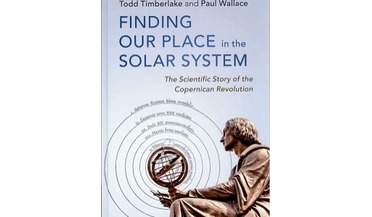 01 October 2019
Finding our Place in the Solar System
01 October 2019
Finding our Place in the Solar System
In the words of its subtitle, this book tells “The Scientific Story of the Copernican Revolution”. In an early section, the authors consider why anyone should read their book: “After all”, they say, “you already know the punchline: the Earth really ...
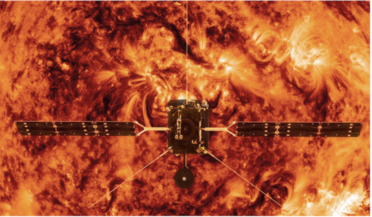 07 February 2020
ESA's Solar Orbiter mission set to launch on 10 February
07 February 2020
ESA's Solar Orbiter mission set to launch on 10 February
...burns to slingshot it out of the ecliptic plane of the Solar System so that it can capture close-up images of never before seen... that the planets, moons and minor bodies of the Solar System orbit in – by following a constantly changing elliptical path...
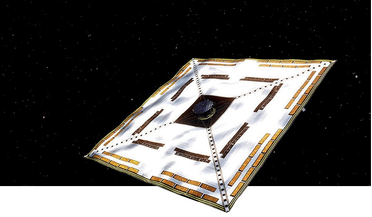 April 2020
Plasma Clipper - opening the age of sail, in space travel
April 2020
Plasma Clipper - opening the age of sail, in space travel
...unmatched mission that has now taken them beyond the edges of the Solar System. But it has taken them over 40 years to do so ...that could dramatically decrease journey times through the solar system Traditional chemical-based rockets are propelled by ...